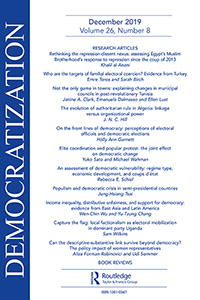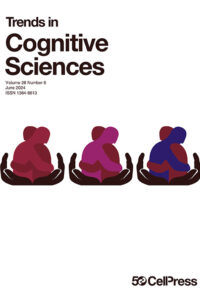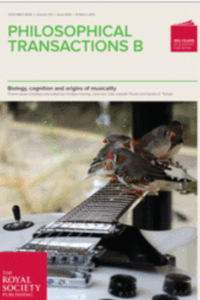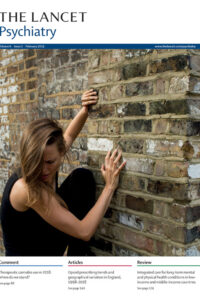Abstract
The “developmental state” has become a prominent alternative development model defended by contemporary Western aid donors, particularly in Africa. Purported “developmental states,” such as Ethiopia and Rwanda, are argued to possess strong-willed, visionary leaderships whose commitment to delivering on ambitious development plans renders them attractive donor partners. These leaderships are also, however, often authoritarian and unapologetic when criticized for democratic backsliding or human rights abuses. For many Western donors this represents a tolerable trade-off. The purpose of this article is to interrogate, critique and explain the assumptions and ideas underlying this trade-off. Using the case study of Ethiopia, we argue that donor officials’ understandings of “developmental state” are varied, vague and superficial, the main commonality being a “strong” regime with “political will” and a non-negotiable approach to domestic governance. We suggest that donors have too readily and uncritically accepted, internalized and deployed these notions, using the “developmental state” concept to justify their withdrawal from serious engagement on democratic reform. This derives from a systemic donor preference for depoliticized development models, as well as from Ethiopian officials’ own savvy political manoeuvrings. It has also, however, weakened donors’ position of influence at a time when the Ethiopian regime is debating major political reform.
About the authors
Stephen Brown, Ph.D. from New York University, USA. is Professor at the School of Political Studies, University of Ottawa, Canada.
Jonathan Fisher is Reader in African Politics in the International Development Department at the University of Birmingham, UK.




